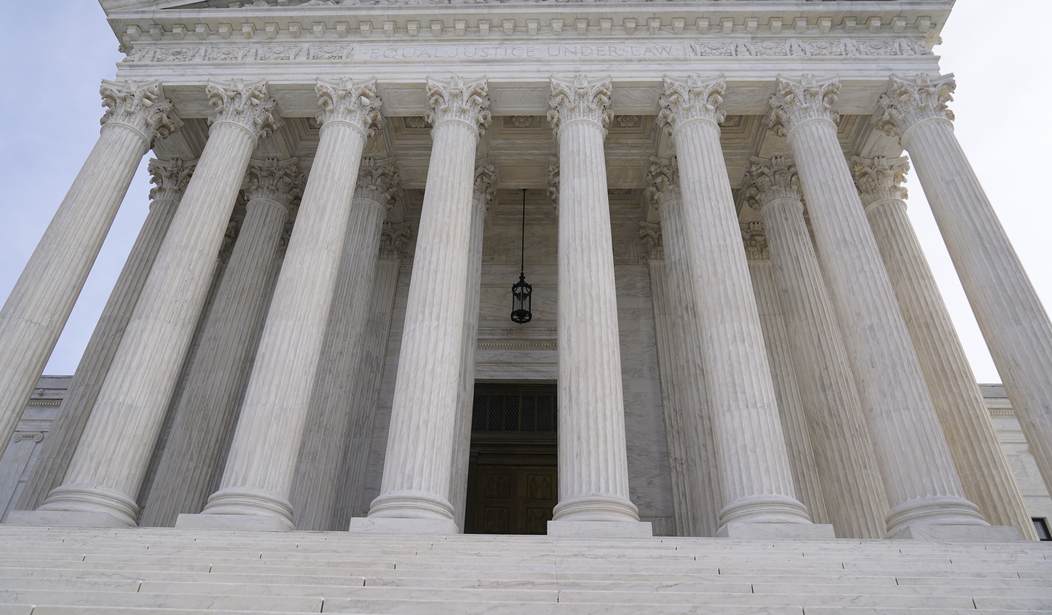CAMP HILL, Pennsylvania -- With 48 seconds to go in a high school football matchup last fall between Cedar Cliff and Cocalico, the game came down to a shootout between the two central Pennsylvania rivals.
To say that the intensity level was through the roof would be an understatement. Yet when the game ended, the two teams met in the end zone and prayed together.
It is more common than not on any given fall Friday night in this country to see a coach praying silently on the field both before and after a local high school football game.
Most of the time, the teammates gather arm-in-arm and either participate or bow their heads respectfully. Most of the time, the parents and community members in the stands either don't see the silent reflection or think nothing of it.
And most of the time, coaches are not fired or suspended for simply expressing their faith while in public. That was not the case, however, seven years ago, when Seattle-area assistant football coach Joe Kennedy was suspended for praying before and after his high school football games. It was a practice he had done without notice or controversy for several years until someone claimed to be offended.
Kennedy still attended the next game, only on the other side of the field, hugging his players over the fence as they took the field. And yes, he prayed with them and others in front of the bleachers after the game.
At the time, he told the local press he was willing to take the matter as far as the Supreme Court if need be. His reasoning, he said at the time, was that he was teaching his players that "if you believe in something, you stand up."
Recommended
His case first went to the lower courts, which sided with the school district. Two years ago, it was appealed to the Supreme Court, but the justices initially declined to hear it -- not because they were uninterested in the legal questions it raised but because the case was not yet legally and procedurally "ripe."
That changed this month, when the Supreme Court announced it would take up Kennedy's case in the spring. And while that announcement may not gather the national attention of other cases, it is important to recognize how critical a principle religious liberty is for many Americans. It shapes our culture, our views of what freedom looks like, and our politics.
It is also important to recognize how critical the appointment of Neil Gorsuch to the high court was and remains to voters of religious denominations, in particular because of his intellect, his originalist interpretation of the Constitution, and, most importantly, his dedication to religious freedom.
It is a trait that isn't important only in politics, though it certainly was for many evangelical Christians who viewed former President Donald Trump skeptically until he pledged to place someone on the high court who would protect those freedoms; it is also important in our culture.
Americans across all political identities may not agree on many cultural touchstones, but the majority of us, even as we have become more secular as a society, have still looked at religious freedoms as our societal glue and one of the foundations of our exceptionalism.
Gorsuch, of all nine justices on the court, arguably has been the most robust defender of religious liberty to date. For example, in November 2020, when the Roman Catholic Diocese of Brooklyn and an Orthodox Jewish congregation sued to block then-New York Gov. Andrew Cuomo's house of worship attendance restrictions, it was Gorsuch who wrote the concurring opinion noting that the order discriminated against religious communities while allowing certain businesses, such as hardware and liquor stores, to remain open.
"So at least according to the governor, it may be unsafe to go to church, but it is always fine to pick up another bottle of wine, shop for a new bike, or spend the afternoon exploring your distal points and meridians. Who knew public health would so perfectly align with secular convenience?" Gorsuch wrote.
The practices of all of our faiths -- the U.S. military recognizes 221 religious organizations -- and our freedom to express our religiosity are deeply rooted in our cultural DNA. Our ancestors came here from all over the globe in large part because they were denied the ability to practice their religions freely. That's why it was the first freedom to be protected in the First Amendment to our Constitution.
Gorsuch recognizes that. His appointment to the court despite all of the melodrama that occurred at the time and the secular elite's continual miscasting of his character since -- see the false reporting by NPR's Nina Totenberg about him that was recently picked up by every major news organization and cable outlet -- illustrate why people of all ideologies should want a justice of his disposition and wit on the court.
The protection of religious freedoms does not benefit just people of faith; it also protects the nonbeliever. The secular elite -- many of whom run our large institutions, national media, academia, corporations and Hollywood -- don't understand that notion, which is why they often will dismiss it, look down on it or mock it.
That's why watching the Supreme Court arguing coach Kennedy's case will be so compelling: It will open a window into how much regard people hold for their freedoms, as well as how the press covers it and how politics is affected by it.
Salena Zito is a CNN political analyst, and a staff reporter and columnist for the Washington Examiner. She reaches the Everyman and Everywoman through shoe-leather journalism, traveling from Main Street to the beltway and all places in between.

























Join the conversation as a VIP Member